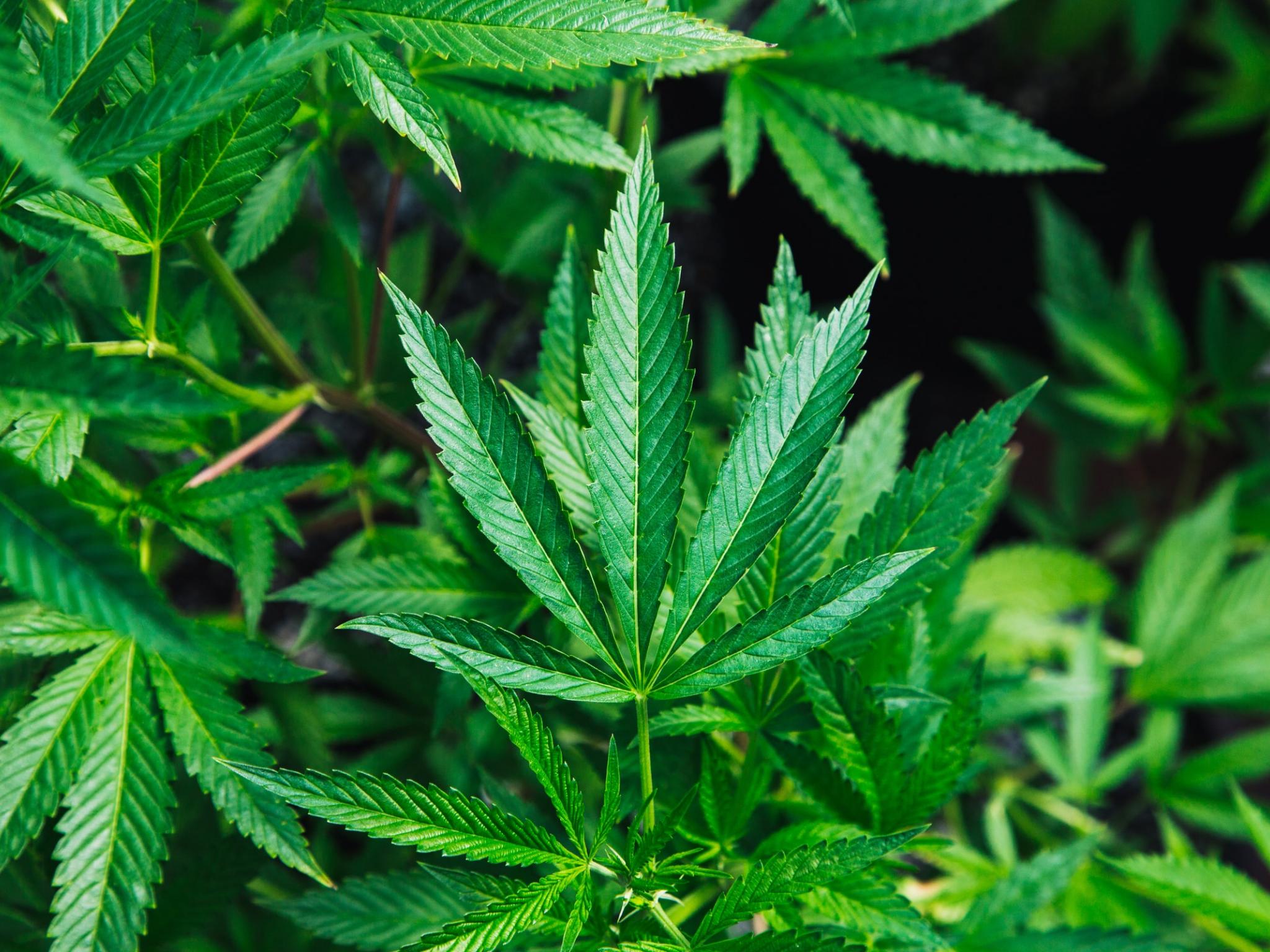
Missouri: Despite Being Divided On Marijuana Policy, Democrats Expect An Increase In Participation From The Campaign
Earlier this month, Missouri's Secretary of State Jay Ashcroft issued a certificate of sufficiency to the Legal Missouri 2022 campaign, formally placing the adult-use legalization initiative on the November ballot.Rep. Crystal Quade (D-Springfield), Democratic leader in the Missouri House, said that the cannabis proposal, which will appear on the ballot as Amendment 3 “will bring out younger voters. Traditionally, younger voters tend to vote Democratic, "so that is looking like good news for us,” she said.
Quade hopes more voters of young generations can help her party overcome the vast Republican majority that has dominated the state legislature for more than a decade.
Despite her support of legalization, Quade said she would wish the initiative was improved. However, she manifested that "it is what we’re given to work with right now.”
Quade is concerned about the amendment's expungement provisions, as well as the fact that the state will continue to be allowed to limit business licenses to grow and sell marijuana. She believes that this itself led to possible corruption in the state's medical marijuana program. “It’s a starting point,” Quade added. “We definitely will have to make improvements if this passes.”
Consternation among Black Democratic leaders: One of the measures that amendment 3 proposes is to establish a program to review and automatically expunge those with criminal records for non-violent marijuana-related marijuana offenses.
However, Rosetta Okohson, campaign manager for St. Louis Mayor Tishaura O. Jones, said the mayor remains concerned about an established licensing system for medical marijuana that has resulted in few successful applicants from Black and Latino communities. Since current licensees are the first to get new recreational licenses, Okohson said Amendment 3 reinforces inequity.
Kansas City Mayor Quinton Lucas said he’s still undecided about Amendment 3, though he is leaning towards yes. "I do want licenses to be more equitable. But I am not in the licensed game,” Lucas said. “I’m in the caring about the 500,000 people in Kansas City game. And I don’t want them busted for a small amount of pot if they find themselves in any community in the state of Missouri.”
California: Marijuana Bills Heading To Governor’s Desk
California's legislative session is just around the corner setting up the framework for interstate trade of marijuana, among the bills that will advance to the office of the Governor of California for his signature.
There are other bills still pending, such as one that would prohibit localities from banning medical marijuana deliveries and another that would provide job protections for people who cannabis outside of work.
What Happened: Recently, lawmakers have given final approval to a number of reforms that are now being sent to the desk of Gov. Gavin Newsom. Among these measures are SB 1326 by Sen. Anna Caballero (D), and AB 1706 by Assemblywoman Mia Bonta (D).
Sen. Caballero's bill sets the stage for interstate cannabis commerce from California to other legal states, as long as the federal government allows for it through legislation or a Justice Department waiver.
Moreover, the legislation from Bonta would enhance the judicial reform provisions of the state's marijuana law by directing courts to process record sealings and other forms of relief for people with eligible cannabis convictions on their records in a specified time period.
Pending Legislation: Bill SB 1186, introduced by Sen. Scott Wiener (D) stated the legislation would “prohibit a local jurisdiction from adopting or enforcing any regulation that prohibits the retail sale by delivery within the local jurisdiction of medicinal cannabis to medicinal cannabis patients or their primary caregivers by medicinal cannabis businesses.”
Also, the SB 1097 bill introduced by State Sen. Richard Pan (D), would require California's Department of Cannabis Control (DCC) to “adopt regulations to require cannabis and cannabis product labels and inserts to include a clear and prominent warning regarding the risks that cannabis use may contribute to mental health problems, in addition to existing labeling requirements.”
In addition, the DCC has proposed standards for statewide lab testing methods. So, Senate Bill 544 requires DCC to establish standardized cannabinoid test methods by Jan. 1, 2023.
Zimbabwe: Hemp As Part Of An Eco-friendly Solution To The Country’s Housing Shortage
The cannabis industry appears to be expanding rapidly in Zimbabwe. After securing a $63 million line of credit from Shelter Afrique, based in Nairobi, Kenya, a pan-African financial institution that supports housing and real estate development in Africa to develop green buildings, the country's government is starting to get acquainted with the role of hemp in construction.
"The financing will help the country to meet its target of raising 220,000 housing units by 2025, indicating hempcrete, precast concrete slabs, reclaimed steel, and ferrock will be used in the initiative," said National Housing and Social Amenities Minister Daniel Garwe.
“Government migrated from the only use of brick and mortar strategies to the application of new technologies in housing delivery (...) We developed some technologies, consulted countries abroad where these technologies have been applied, among them Dubai and South Africa.”
Moreover, Garwe said the Zimbabwe Procurement Regulatory Authority has approved the tenders and some construction could start in October. "We hope that in 12 months we will have produced 1200 housing blocks per province of 20 units each," Garwe concluded.
Hempcrete: Hemp construction would be a possible solution for a country that has difficulty building houses due to high cost of construction, which has the "highest cement prices in the region, leaving them to live in houses made of plastic, mud, or clay."
Photo: Courtesy of Rick Proctor On Unsplash







